India launched a series of strikes on Pakistan and Pakistan-occupied Kashmir early on Wednesday (May 7) in retaliation to the Pahalgam terror attack on April 22. The strikes, which were carried out at 1:44 am, targeted nine high terror zones, the strongholds of terror groups Lashkar-e-Taiba and Jaish-e-Mohammed.
Under ‘Operation Sindoor’, the Indian Army, Navy and Air Force destroyed four terror camps in Pakistan and five in PoK. The key sites include Bahawalpur (JeM HQ), Muridke (LeT HQ), Muzaffarabad, Kotli, Sialkot, Gulpur, Bhimber, Bagh and Chak Amru. Following the attack on terror zones, Pakistan violated the ceasefire in Poonch which led to eight civilians losing their lives while close to 25 others were injured.
Click here to get the latest updates on ‘ Operation Sindoor'
Several global leaders have shown concern and called for de-escalation between the two nations. From Donald Trump to UAE’s Sheikh Abdullah bin Zayed Al Nahyan, have urged India and Pakistan to “exercise restraint”.
United States
US President Donald Trump hoped that the hostilities between the two nations “end very quickly”. He said, “It’s a shame. Just heard about it. I guess people knew something was going to happen based on a little bit of the past. They’ve been fighting for a long time. They’ve been fighting for many, many decades. I hope it ends very quickly.”
When asked if he has any message for the countries, he said, “No, I just hope it ends very quickly.”
Marco Rubio
US Secretary of State Marco Rubio stated that he had been keeping a close eye on the situation between India and Pakistan. In a statement posted on X, Rubio said, “I am monitoring the situation between India and Pakistan closely. I echo President Trump’s comments earlier today that this hopefully ends quickly and will continue to engage both Indian and Pakistani leadership towards a peaceful resolution.”
I am monitoring the situation between India and Pakistan closely. I echo @POTUS's comments earlier today that this hopefully ends quickly and will continue to engage both Indian and Pakistani leadership towards a peaceful resolution.
— Secretary Marco Rubio (@SecRubio) May 6, 2025
United Nations
The spokesperson for UN General Secretary Antonio Guterres called for maximum military restraint from both countries. He further said that Guterres is “very concerned” about the Indian strikes in Pakistan.
“The Secretary-General is very concerned about the Indian military operations across the Line of Control and international border. He calls for maximum military restraint from both countries. The world cannot afford a military confrontation between India and Pakistan,” the spokesperson said.
China
China’s foreign ministry on Wednesday condemned the attack and called for restraint on both sides. It said, “We call on both India and Pakistan to prioritise peace and stability, remain calm and restrained and avoid taking actions that further complicate the situation,” a spokesperson for Beijing’s foreign ministry said.
Japan
Japan’s Chief Cabinet Secretary Yoshimasa Hayashi urged the two countries to “stabilise the situation through dialogue.” Condemning the April 22 terror act, he said, “In regard to the terrorist act that occurred in Kashmir on April 22, our country firmly condemns such acts of terrorism.”
“Furthermore, we express strong concern that this situation may lead to further retaliatory exchanges and escalate into a full-scale military conflict. For the peace and stability of South Asia, we strongly urge both India and Pakistan to exercise restraint and stabilize the situation through dialogue,” he further said.
United Arab Emirates
The United Arab Emirates urged India and Pakistan to “exercise restraint” and “de-escalate” along the border.
Sheikh Abdullah bin Zayed Al Nahyan of the UAE stressed “the importance of heeding the voices calling for dialogue and mutual understanding to prevent military escalation, strengthen stability in South Asia, and avoid further regional tensions.
Russia
Earlier, Russian President Vladimir Putin had stressed that the perpetrators of the Pahalgam terrorist attack and their supporters must be brought to justice during a telephonic conversation with Prime Minister Narendra Modi, reported news website Times of India.
Notably, during the conversation there was no mention of restraint or use of diplomatic means in the readout issued by the Kremlin.
Pahalgam terror attack
One of the most devastating terror attacks took place on April 22 when terrorists opened fire on civilians in the Baisaran Valley near Pahalgam, a popular tourist destination in Jammu and Kashmir. Terrorists, dressed in military fatigues and armed with M4 carbines and AK-47 rifles, targeted a group of tourists which led to the deaths of at least 26 people.
The Resistance Front (TRF), a terrorist group affiliated with Lashkar-e-Taiba, claimed responsibility for the massacre. The group cited opposition to demographic changes in Kashmir as a motive, referencing the settlement of over 85,000 “outsiders” in the region.
With inputs from agencies


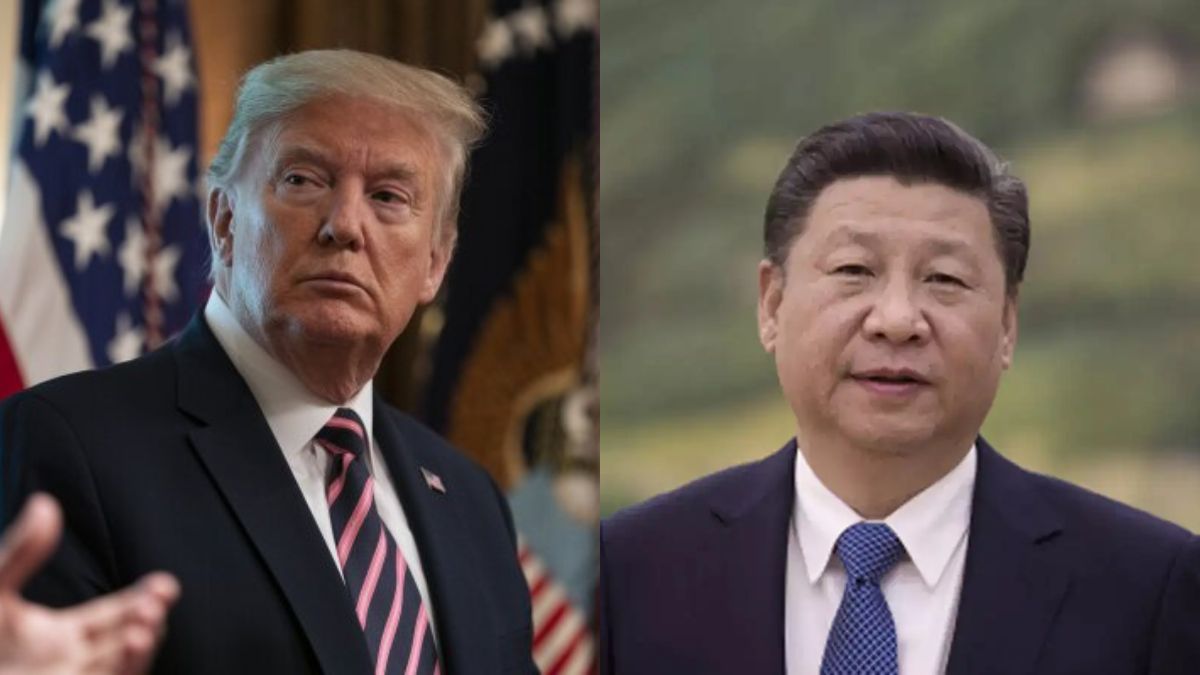)
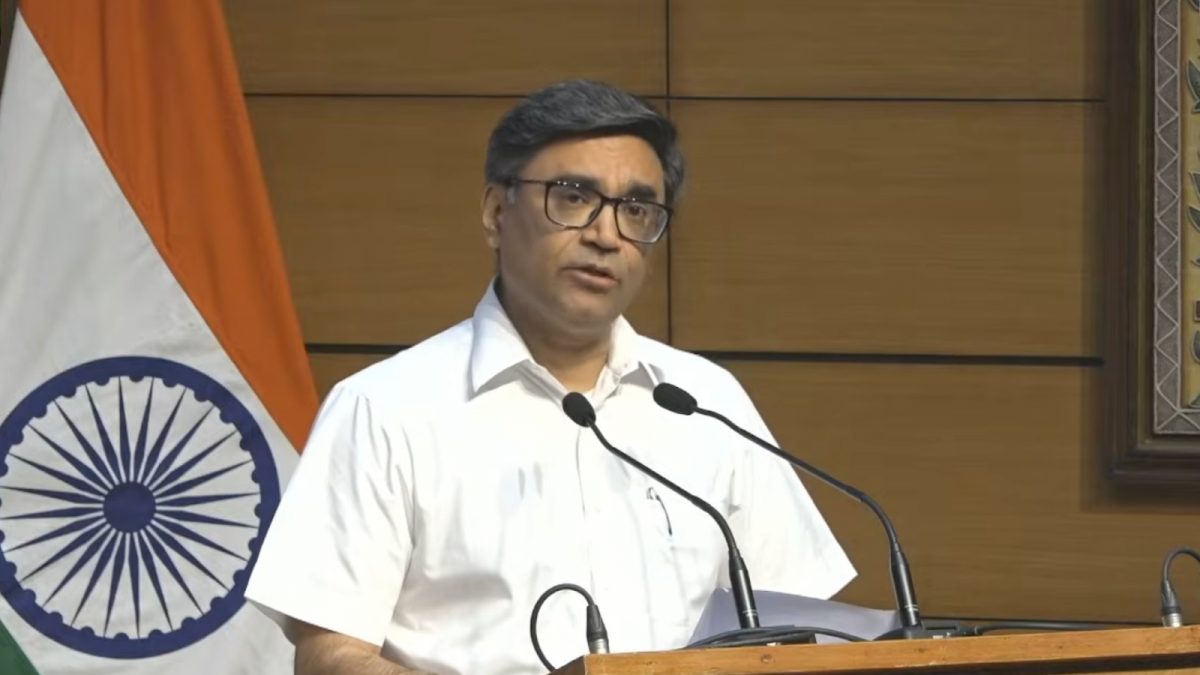)
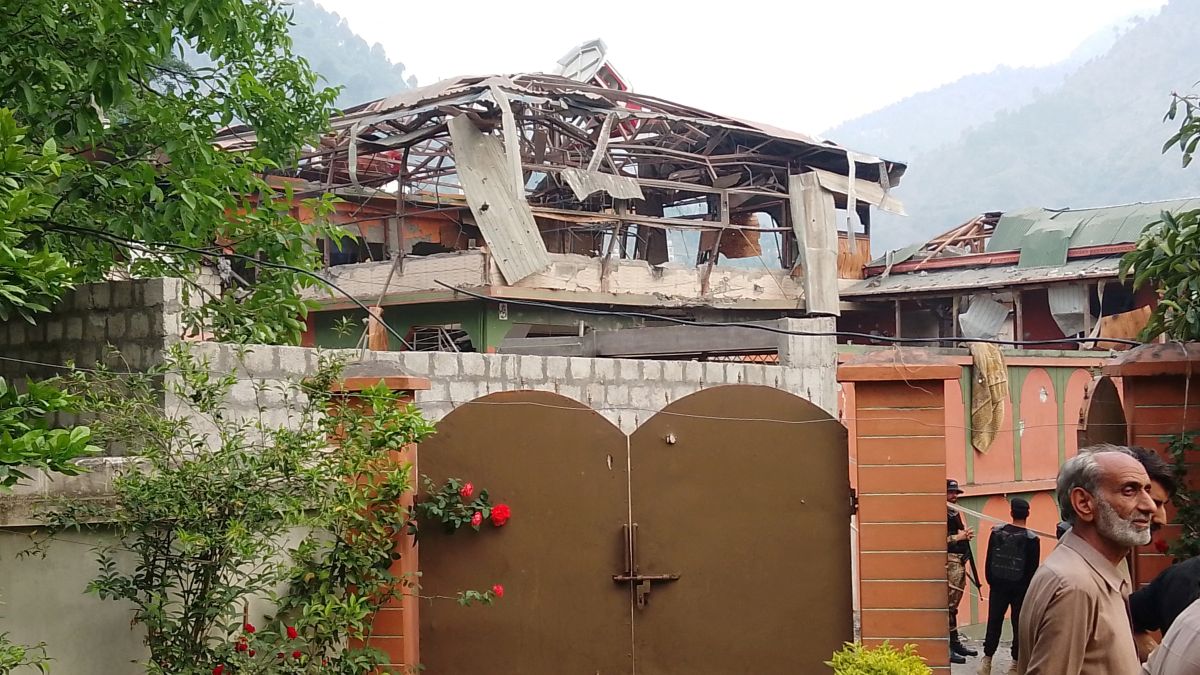)
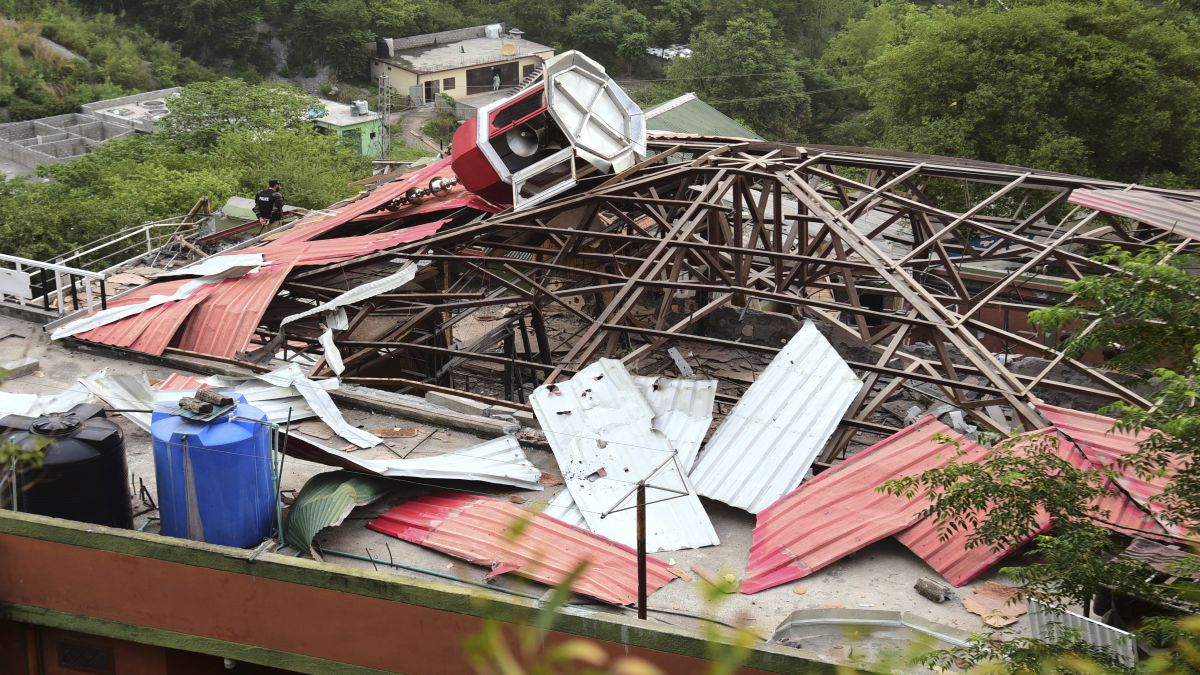)
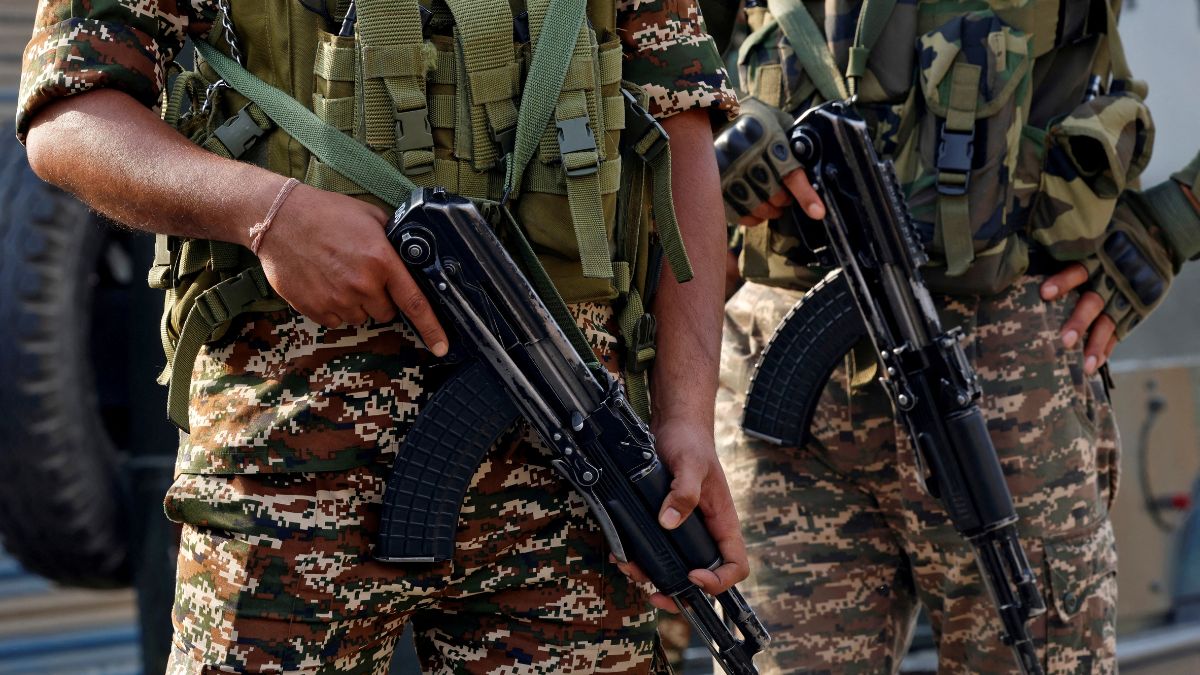)
)
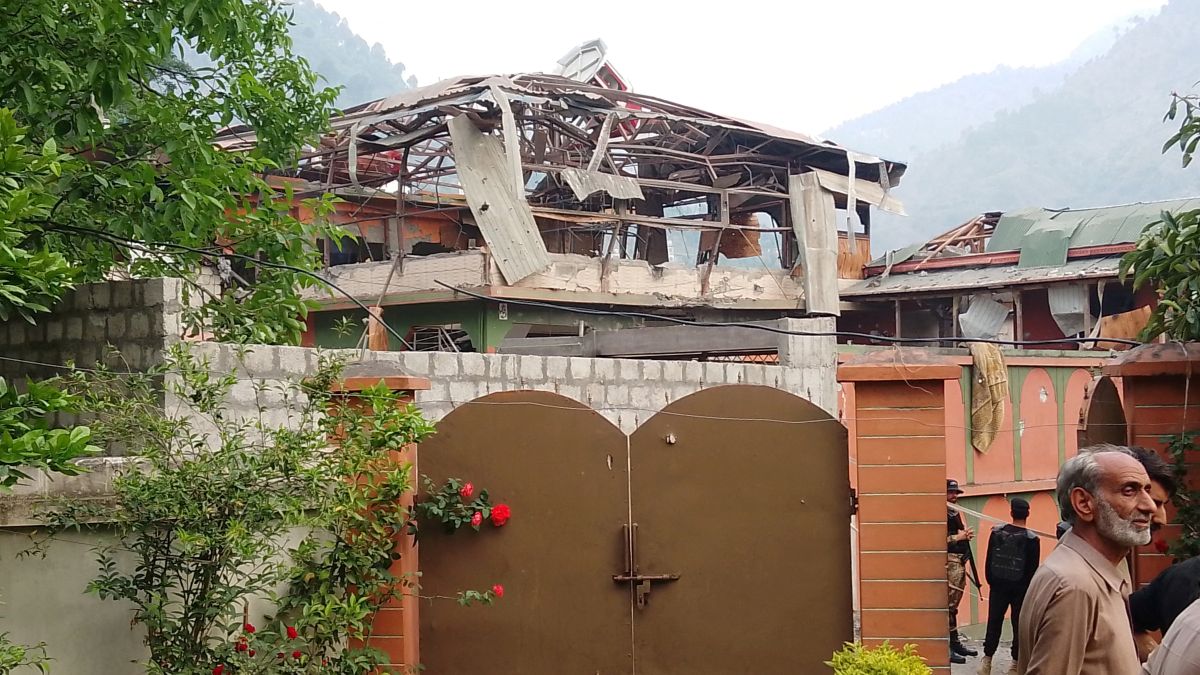)
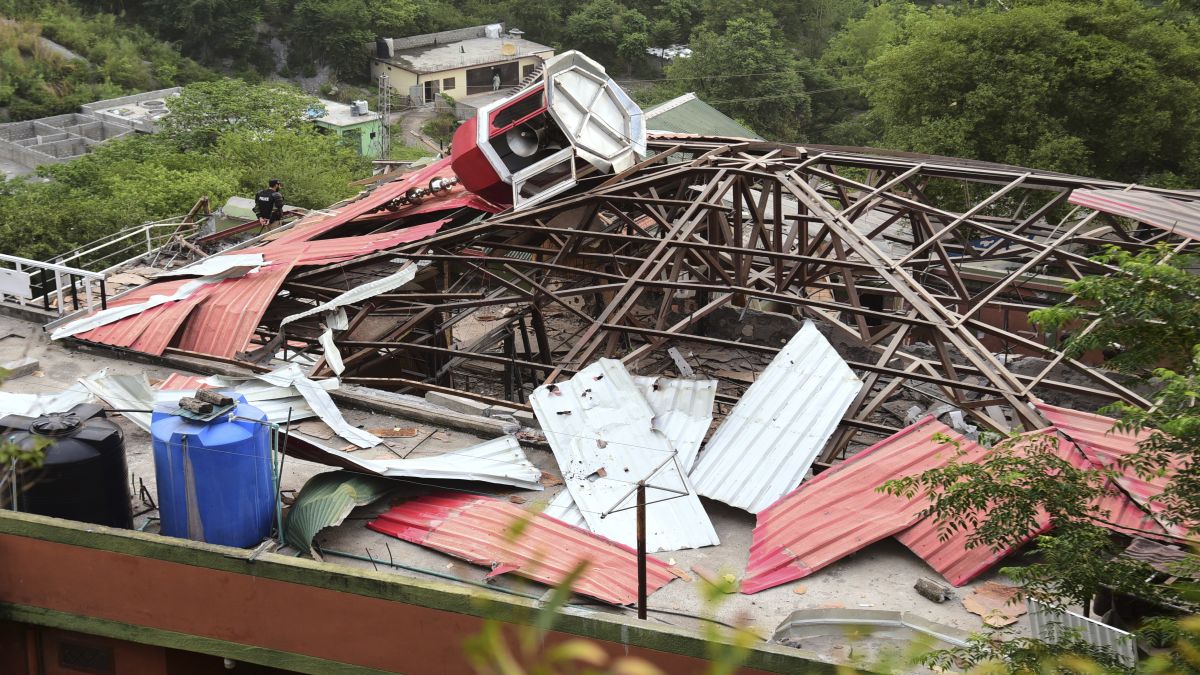)
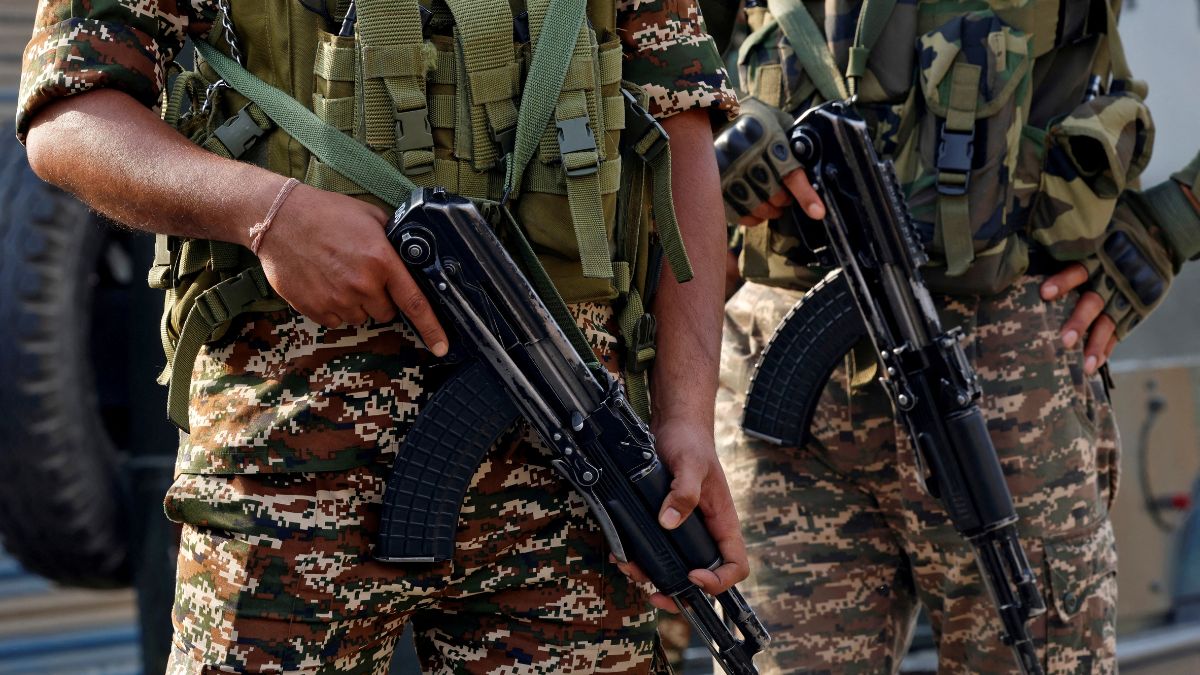)